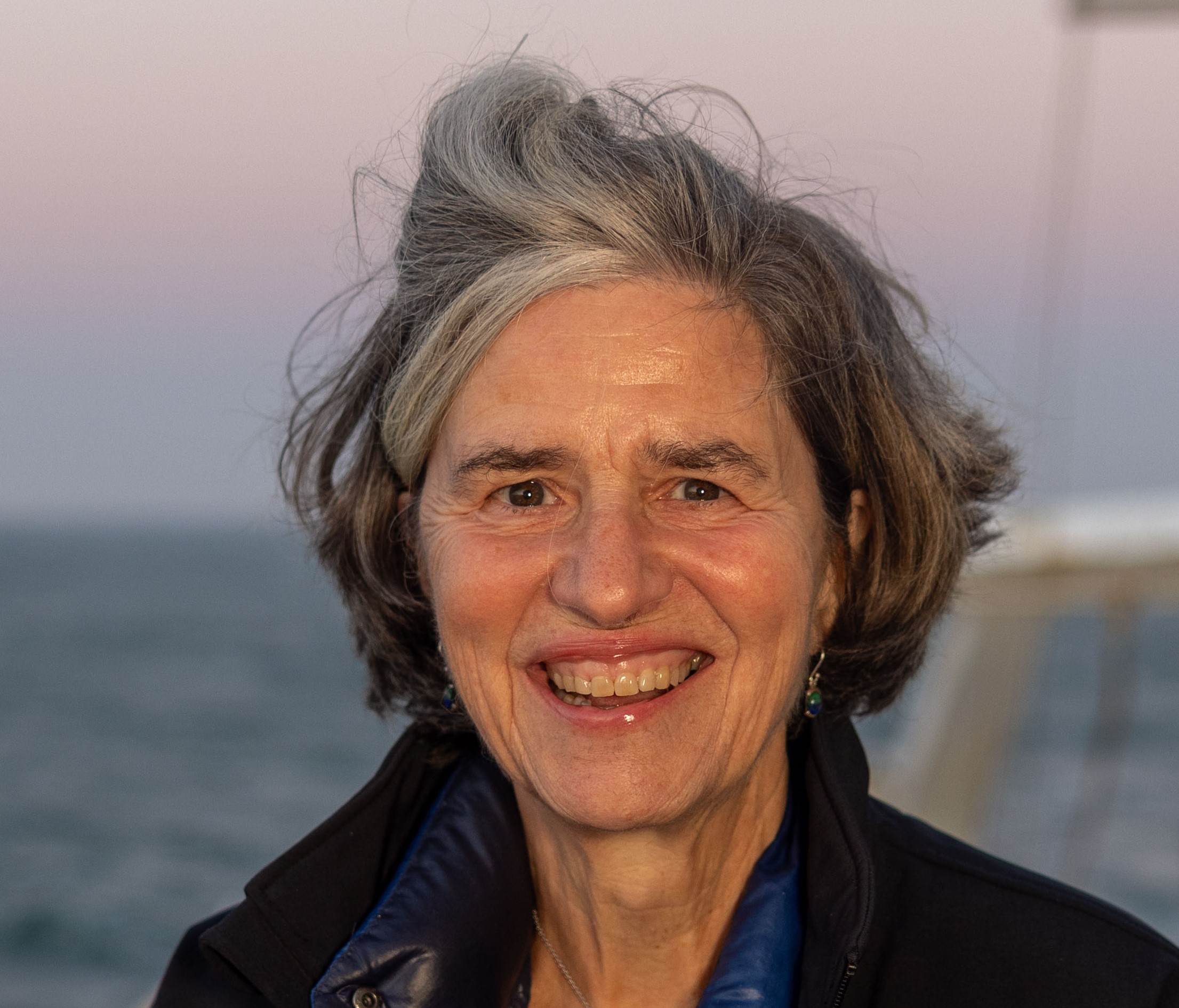What Independent SAGE has taught me about the current biggest issues in light of COVID-19 and where data science can help
Professor Christina Pagel gave a talk to DSI on 'What Independent SAGE has taught me about the current biggest issues in light of COVID-19 and where data science can help'. Listen here to her insights and observations about the ongoing pandemic.
A Watershed Moment for Social Policy and Human Rights?: Where Next for the UK Post-Covid
A recording is now available of the launch of the book by Amy Clair and our very own Jasmine Fledderjohann and Bran Knowles entitled, "A Watershed Moment for Social Policy and Human Rights?: Where Next for the UK Post-Covid". The event included an overview of the key concepts and themes in the book; invited talks from Aaron Reeves (University of Oxford), Kayleigh Garthwaite (University of Birmingham), and Daniel Greene (University of Maryland).
Problem, what problem? Perspective-taking amidst constant change amidst a pandemic
Director of Public Health for Lancashire County Council. Sakthi Karunanithi is an experienced Director with a demonstrable history of working in the NHS, local government and industry. Skilled in Population Health Management, Evidence based policy advice, Epidemiology, Prevention, Health Promotion, Healthcare Management, and Healthcare.


